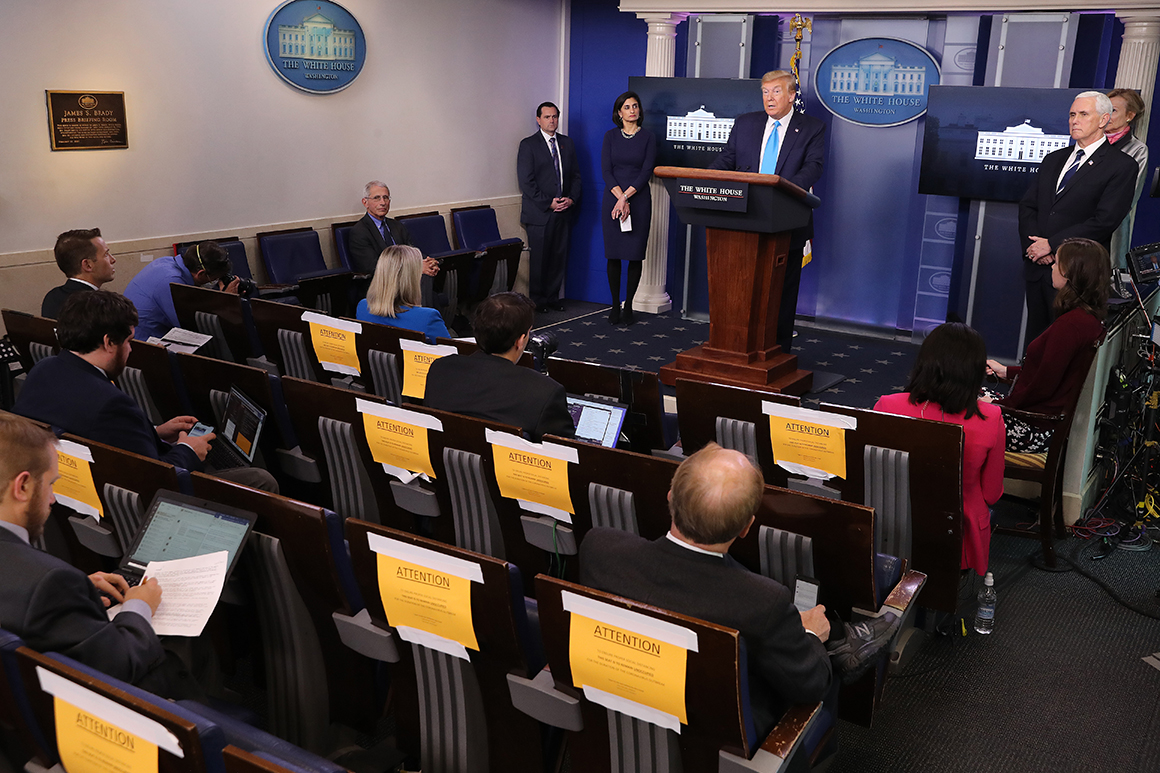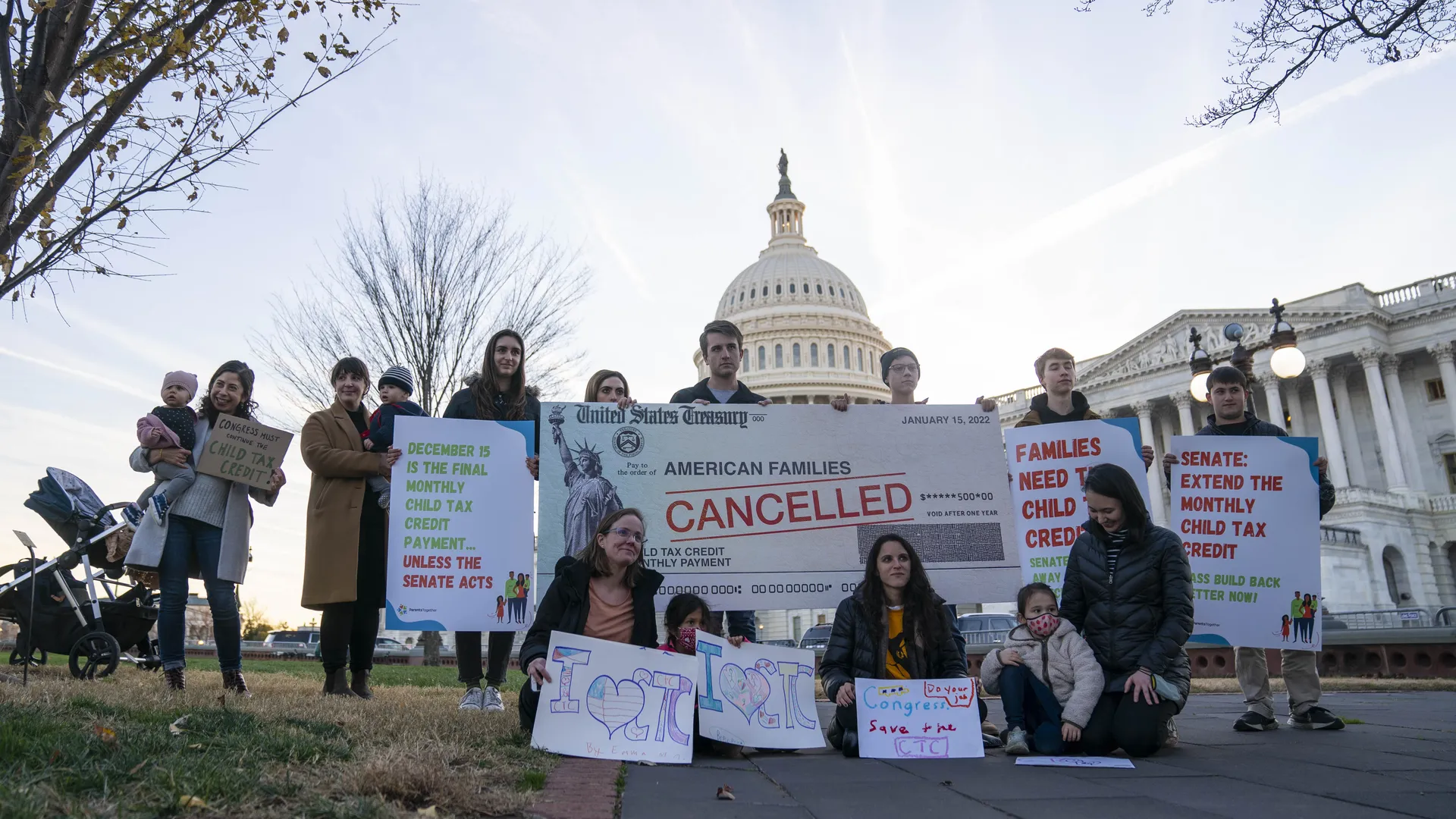In a shocking move that threatens the financial stability of millions of children across the United States, former President Donald Trump has unveiled a tax proposal that could strip 4.5 million children of their tax credits. This is not just a political maneuver; it is an orchestrated attack on low-income families that will further entrench wealth inequality.
Trump’s Plan Exempts Tipped Workers
The proposed tax bill includes an exemption for tips from income tax, ostensibly designed to attract the working class. However, this appears to be nothing more than a façade. Economic experts have noted that about 37% of tipped workers already do not pay income taxes due to their paltry wages. As reported by the Penn Wharton Budget Model, this exemption will have negligible benefits for the very workers it claims to help.
Disproportionate Impact on Low-Income Families
While Trump’s proposal may seem appealing on the surface, the harsh reality is that it will disproportionately affect low-income families. According to the same analysis, families earning less than $22,000 per year could see their post-tax income plummet by approximately $1,500. Meanwhile, those in the upper echelons of wealth—earners of over $5.2 million—would enjoy a staggering tax break of more than $104,000. This stark contrast illustrates how the plan serves to redistribute wealth in the opposite direction of economic equity.

White House to require coronavirus tests for journalists ...
Severe Cuts to Social Welfare Programs
The implications of Trump’s tax proposal extend far beyond mere income tax adjustments. Major cuts to social welfare programs are also on the table. As reported by the Congressional Budget Office, over 8.7 million low-income Americans could lose their health insurance due to tightened restrictions on Medicaid and the Affordable Care Act. These cuts are not just numbers; they represent lives at risk, families facing unprecedented hardship.
Child Tax Credit Changes Endanger Millions
The proposed changes to the child tax credit are particularly alarming. New requirements, such as the necessity of providing Social Security numbers, would disqualify approximately 4.5 million children from receiving these essential benefits. This is a direct assault on the most vulnerable members of our society—children who rely on these credits for basic necessities.

Families won"t see child tax credit payments for first time in six months
Long-Term Economic Consequences
In addition to immediate impacts, Trump"s plan is poised to add approximately $3.8 trillion to the national debt, which already stands at a staggering $36.2 trillion. This burden will weigh heavily on future generations, particularly the poor, who may find essential government support and social services drastically reduced. The long-term ramifications of such fiscal irresponsibility could be catastrophic, pushing more families into poverty.
The proposed tax plan, despite its populist packaging, raises serious questions about tax justice and the economic future of a broad segment of American society. By favoring the wealthy and cutting essential support for the most disadvantaged, it becomes clear that this initiative is less about aiding the working class and more about serving the interests of the affluent.







![[Video] Gunfire between Iraqi security forces and Sadr militias in Baghdad](/_next/image?url=%2Fapi%2Fimage%2Fthumbnails%2Fthumbnail-1768343508874-4redb-thumbnail.jpg&w=3840&q=75)
